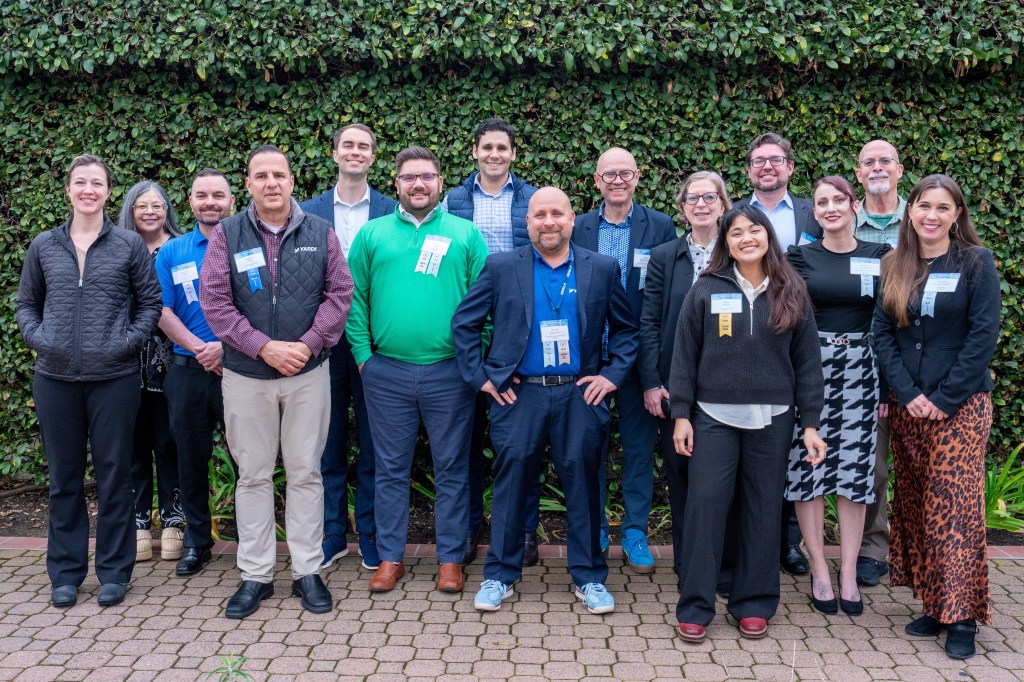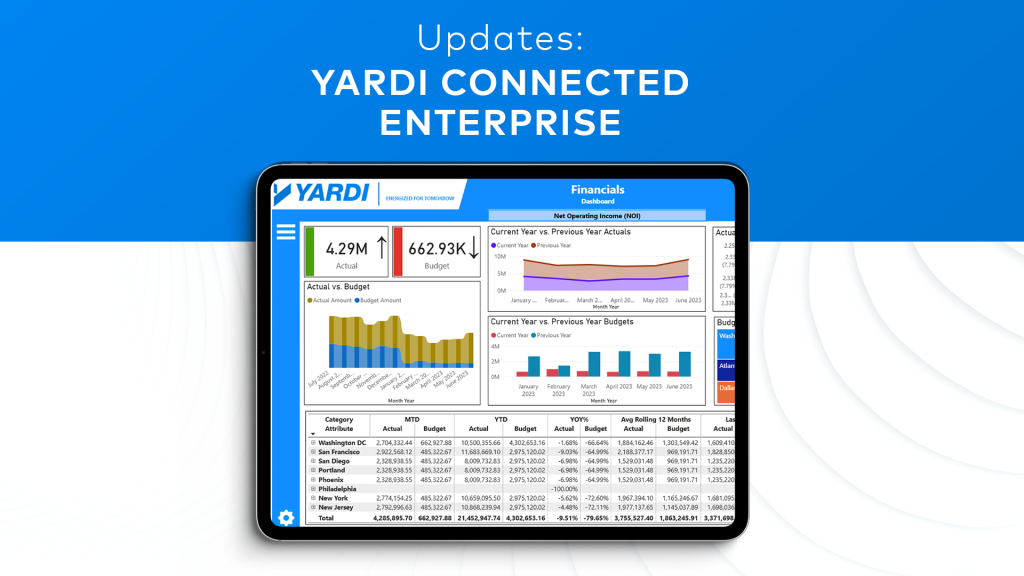By Erica Rascón on February 3, 2020 in News
A stellar online marketing strategy can be thwarted by negative reviews. The 2020 National Multifamily Housing Council & Kingsley Associates Apartment Resident Preferences Survey reports that 33% of renters highly value online reviews when deciding on an apartment. Are your reviews working for you or against you? Take the four steps below to ensure your online reviews are an asset.
Who is paying attention to your online reviews?
Renters of all ages use the internet for product research. Renters ages 25-34 years value online reviews the most. Nearly 40% of Millennial renters “highly value” the content of online reviews. While all your residents appreciate good customer service, younger renters are more likely to take their opinions to the web. They’re also more likely to seek out the opinions of others before deciding on a property.
While some of the young renters are residents, most are prospects. Curiously, they’re searching out negative reviews. Studies show that since there are more positive reviews than negative ones, negative reviews are given greater value. Low-star reviews are scarce, so they’re held in higher esteem, like rare gems or box seats at a sporting event.
That is why dissatisfied residents need extra care. Per the White House Office of Consumer Affairs, dissatisfied customers typically tell nine to 15 other people about their experience in person. The availability of online reviews can quickly escalate their reach. The negative review of a dissatisfied resident will reach hundreds of prospects each day, prospects who are already looking for negative reviews to narrow their apartment options.
The four tips below can help you avoid and mitigate negative online reviews while boosting your positive online presence.
- Resolve issues online before reviews are posted online
When renters have a concern, they are going to get online. You get to decide whether they go online to resolve the issue, or they get online to write a negative review.
Few renters are interested in visiting the leasing office. As a result, Americans have a growing inclination towards technology for customer service issues. Your challenge is to make sure that they can go online to resolve an issue rather than gripe about it. Live chat is a powerful tool for conflict resolution.
 The 2019 Live Chat Statistics by SuperOffice reveal that about 46% of customers prefer live chat. Live chat offers the best of all worlds for renters: it does not require face-to-face engagement; it gives the benefits of human interaction; and it’s more efficient than phone calls or a visit to the leasing office. Nearly 80% of customers prefer live chat because it offers faster response times than other channels. On average, they get answers within two minutes.
The 2019 Live Chat Statistics by SuperOffice reveal that about 46% of customers prefer live chat. Live chat offers the best of all worlds for renters: it does not require face-to-face engagement; it gives the benefits of human interaction; and it’s more efficient than phone calls or a visit to the leasing office. Nearly 80% of customers prefer live chat because it offers faster response times than other channels. On average, they get answers within two minutes.
Live chat also offers the benefit of written confirmation. About 55% of companies email chat transcripts at the conclusion of a session. This way, there is written record of what occurred, a sense of assurance and accountability for the property and the resident.
Live chat enables you to resolve problems in an efficient, convenient manner before a resident writes an online review. You can amplify your efforts by turning it into a tool for positive reviews. Once you send the transcript, consider linking to a customer service survey. Satisfied customers can then be funneled towards your preferred review platform.
When your residents can resolve issues online, you turn a potential negative online review into a positive online experience.
- Optimize your referral program
You likely have a referral program in your community. A few simple measures can make it more effective.
On average, 16% of renters trust referrals from friends and family when deciding to visit a community. Your current residents are valuable lead sources! Make sure that renters know about your referral program. Post about it on social media, link to it in newsletters and emails, and occasionally send out a designated correspondence.
Struggling with participation? Incentives motivate residents to make referrals. The most common incentives are discounts on rent or amenities. These tap into renters’ desire to save money on a product or service that they’re already using.
How you present your referral program to residents also affects participation. It’s often successful to position the referral program as a thank you. This way, residents feel that you appreciate their loyalty. When it’s time for lease renewals, you’re positioned for success: good customer experiences lead 42% of consumers to purchase again, per Zendesk Customer Service Study.
If residents love your community enough to refer a friend or family member, you may also get an online review out of them. When a referral is successfully complete, send a thank you note that includes a link to your preferred online review platform.
- Get more reviews
While we emphasize getting good online reviews, it’s also important to have a variety of reviews. This serves two purposes.
Primarily, more reviews will organically draw more attention to your listing. This is a natural, free way to improve your ranking in search engines and increase your online visibility.
Secondly, the number of reviews impacts the influence of the reviews. For example, if a property has six five-star reviews, it may not perform as well as a property with 2,000 4.2-star reviews. Additionally, it takes roughly 40 positive customer experiences to undo the damage of a single negative review, reports Inc. More is better, even when your ratings aren’t perfect.
- Reputation management is a full-time job. Invest wisely
Managing the reputation of your community is a full-time commitment. Monitoring each review site, serving as a liaison with management to solve problems, thanking happy reviewers for their kind words, and engaging with on social media—it’s a lot of work. Yet without such attention to detail, your marketing spend can be defeated by negative reviews or too few reviews.
Dedicated reputation management services are essential to receive the highest returns from your online presence. The account specialists at RentCafe Reach Reputation Management monitor review activity on platforms like Google, Yelp, Facebook, Apartment Ratings and more. They can create and post responses quickly or draft responses pending approval. To top it off, they provide crucial information on competitor reviews and ratings. Each task allows you to stay on top of your game and ahead of the competition.


